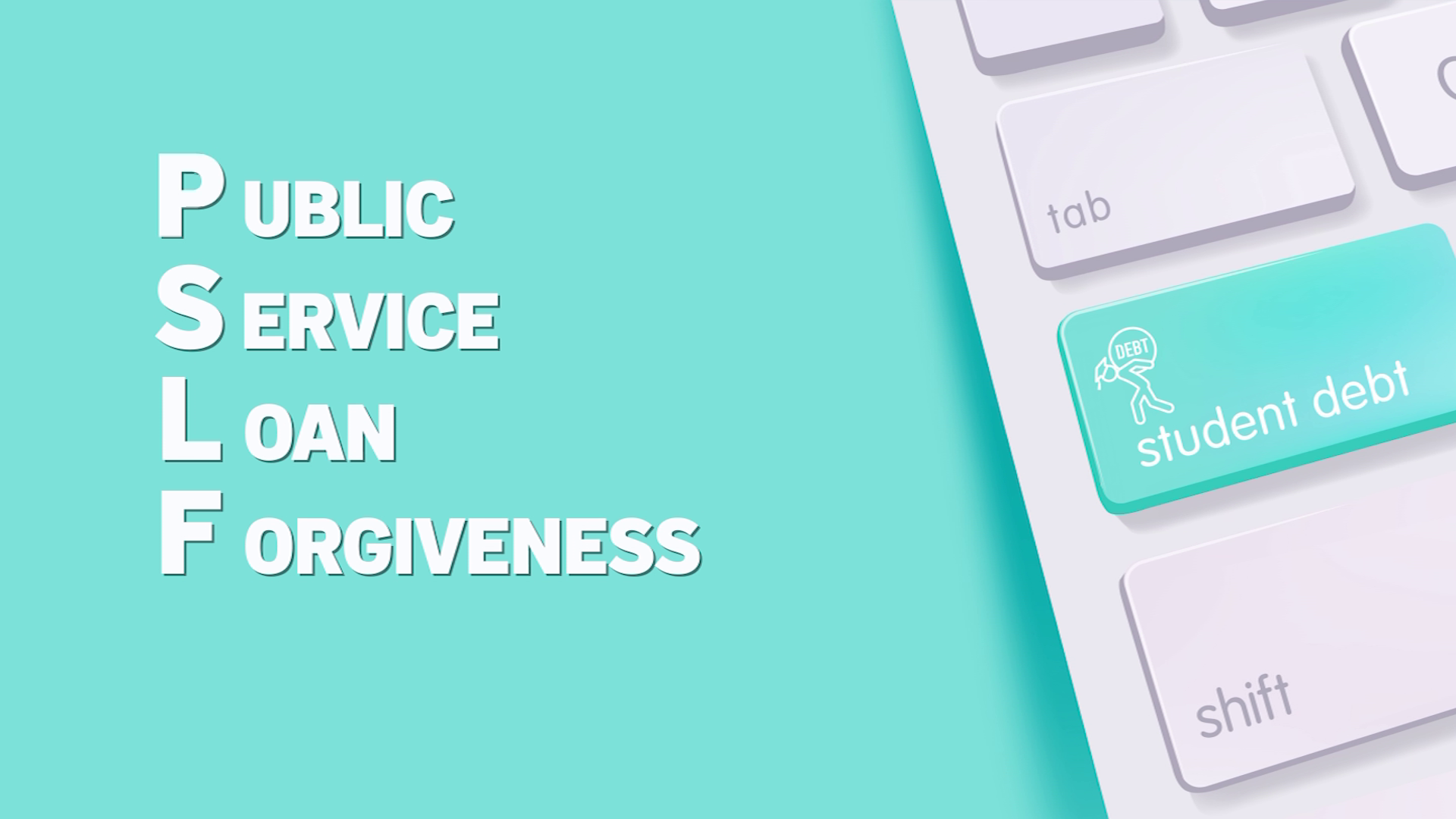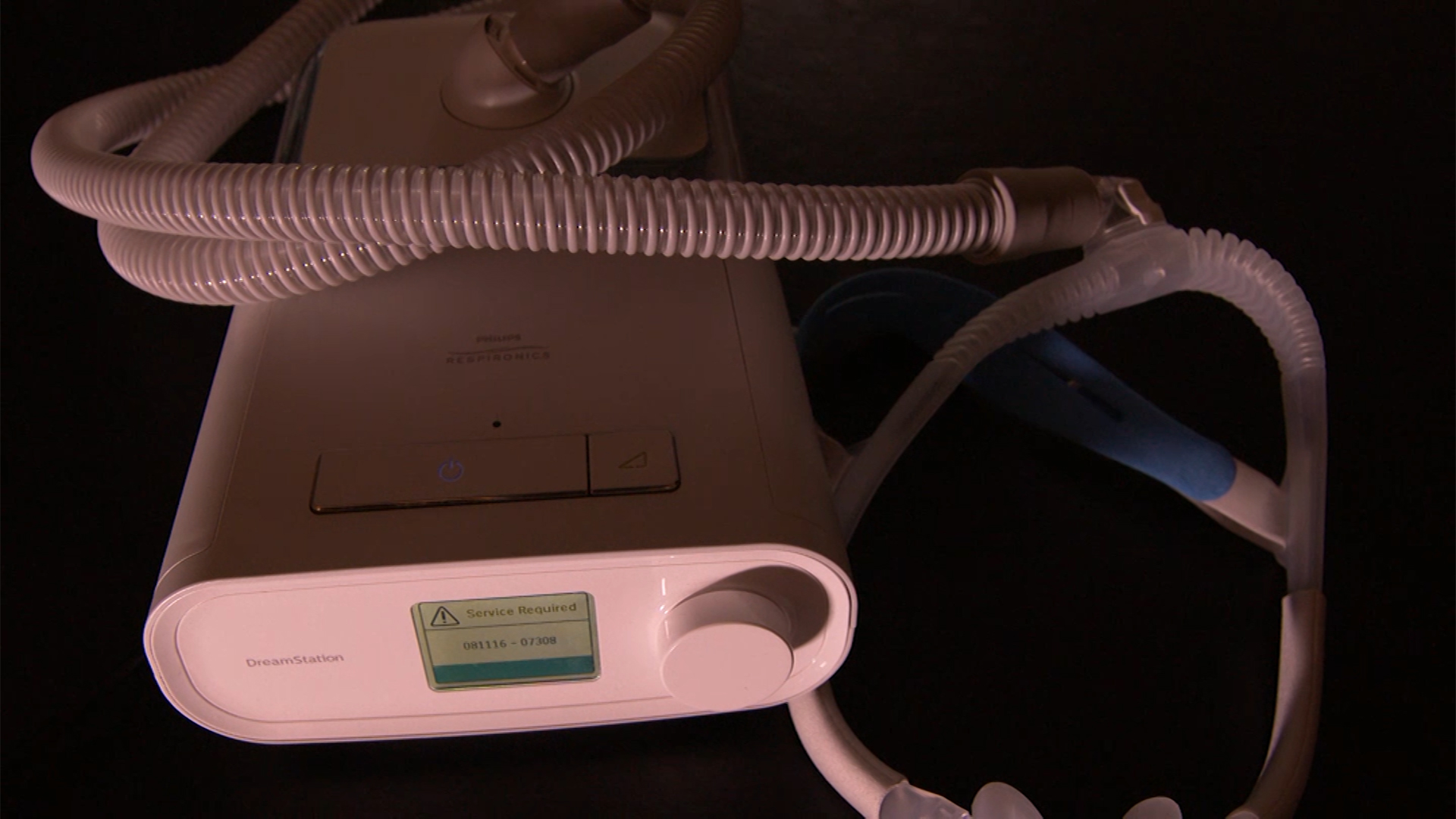It’s been said before, but this time it is likely for real: An end to the ban on residential evictions, put in place across the state of Illinois due to the coronavirus pandemic, is near.
After the U.S. Supreme Court shot down the Centers for Disease Control and Prevention’s nationwide ban on evictions, Gov. J.B. Pritzker announced earlier this month that the current statewide ban -- the only thing standing between countless Illinois tenants and possible homelessness -- will now end Oct. 3.
This has sent some tenants and landlords scrambling to apply for federal assistance funding in the final hour.
Compared to other states, Illinois is in the top tier when it comes to doling out rental assistance funds. But some tenants now nervously watching the clock told NBC 5 Responds that applying for that money has been easier said than done.
Ndemsah Ndemsah has found himself in this situation.
As a Chicago taxi cab driver, Ndemsah said he feels a great sense of pride in helping visitors and residents navigate the city’s streets. But for the first time since he moved here from Cameroon 22 years ago, Ndemsah said he’s the one who needs a lift.
"Sometimes I wake up at night, I cannot even sleep because I’m worried," Ndemsah said.

Worried over a family to feed and months of back rent due to his landlord, Ndemsah said he’s been off the road for more than a year due to the pandemic. And his bills are piling up.
"I've depleted my savings, I’ve depleted my 401k that I had," Nedemsah explained. "I'm standing on nothing."
Feeling out of the loop? We'll catch you up on the Chicago news you need to know. Sign up for the weekly> Chicago Catch-Up newsletter.
Ndemsah reached out for one last lifeline: the Illinois Rental Payment Program, managed by the Illinois Housing Development Authority (IHDA).
To date, IHDA has paid out more than $300 million to tenants and landlords. Eligible applicants for the latest round of IHDA funding could receive up to $25,000 if they qualify.
But first, tenants and landlords have to get through the application itself.
"The money is there, but it is not coming to us," Ndemsah said. "They are not giving us an easy channel to get the money. And this is critical."
In Ndemsah’s case, he said his problem was technical in nature. After submitting his application, IHDA asked for specific documentation from him, such as his proof of residence, unemployment status and documents from his landlord.
Ndemsah has all of the documents IHDA needs, but he says he has faced issues with IHDA’s online portal and specifically a way to send the documentation directly to IHDA’s staff.
Emails he received from IHDA -- and shared with NBC 5 Responds -- state his application is incomplete based on these missing documents, and therefore it would not be reviewed for this round of assistance.
Trying to get answers, Ndemsah kept a log of all the times he tried calling IHDA for assistance, sometimes waiting more than an hour until he reached a person on the phone. Each time, he said a representative would assure him he would receive a link by email to upload the documents.
But Ndemsah said that link never arrived.
It wasn’t just a problem for Ndemsah; his landlord also said the IHDA emails he received did not include a link for uploading the necessary documentation, despite his landlord having the info on-hand, ready to go.
It’s these types of situations that housing advocates point to as an example of how the process can be overly complex when it should be easier by now.
"It feels to applicants that their applications are ending up in some black hole," said Karla Chrobak, an attorney with the legal aid organization CARPLS. "There were all kinds of documentation requirements that were initially in place that no longer apply."
Frustration over stalled rental assistance pipelines was felt in Washington D.C.
Last month, the White House, acknowledging that the pipeline to rental aid nationwide has been too slow, agreed to cut through some of the states’ red tape and lessen some of the requirements for rental assistance.
Advocates like Chrobak said rental assistance programs have been slow to update their requirements as a result of this change, but that when the changes are made, it should help tenants like Ndemsah.
"That rental assistance is critical for me," Ndemsah said. "Because without it, I’ll be homeless."
NBC 5 Responds contacted IHDA to ask if its application portal has experienced any delays or glitches, but a spokesperson said that’s not the case.
Andrew Field with IHDA said only a quarter of the 30,000 rental assistance applications it has received are still in limbo and incomplete, like Ndemsah’s where documentation is still required.
In Ndemsah’s case, Field said they had received his application and all of his documentation, despite what Ndemsah was told over email and by IHDA representatives he spoke to by phone.
But the agency said it was still missing documents from Ndemsah’s landlord to complete his application.
IHDA’s deadline for completing applications is today, Sept. 14, leaving Ndemsah feeling unsure what the future will hold for him and his family.
“For me to get that money, that would save me,” Ndemsah said. “It would make me sleep. Make me feel better.”
IHDA has announced it will offer another round of rental assistance funding later this fall but for now, the application window has closed.
With that said, there are still millions of rental assistance dollars still left on the table for Illinois tenants and landlords in need.
A similar state rental assistance program called Illinois Housing Help is through the Illinois Department of Human Services and is still accepting applications.
To learn more about the IDHS program, click here. Tenants without internet access can call 1-866-ILHELP1



